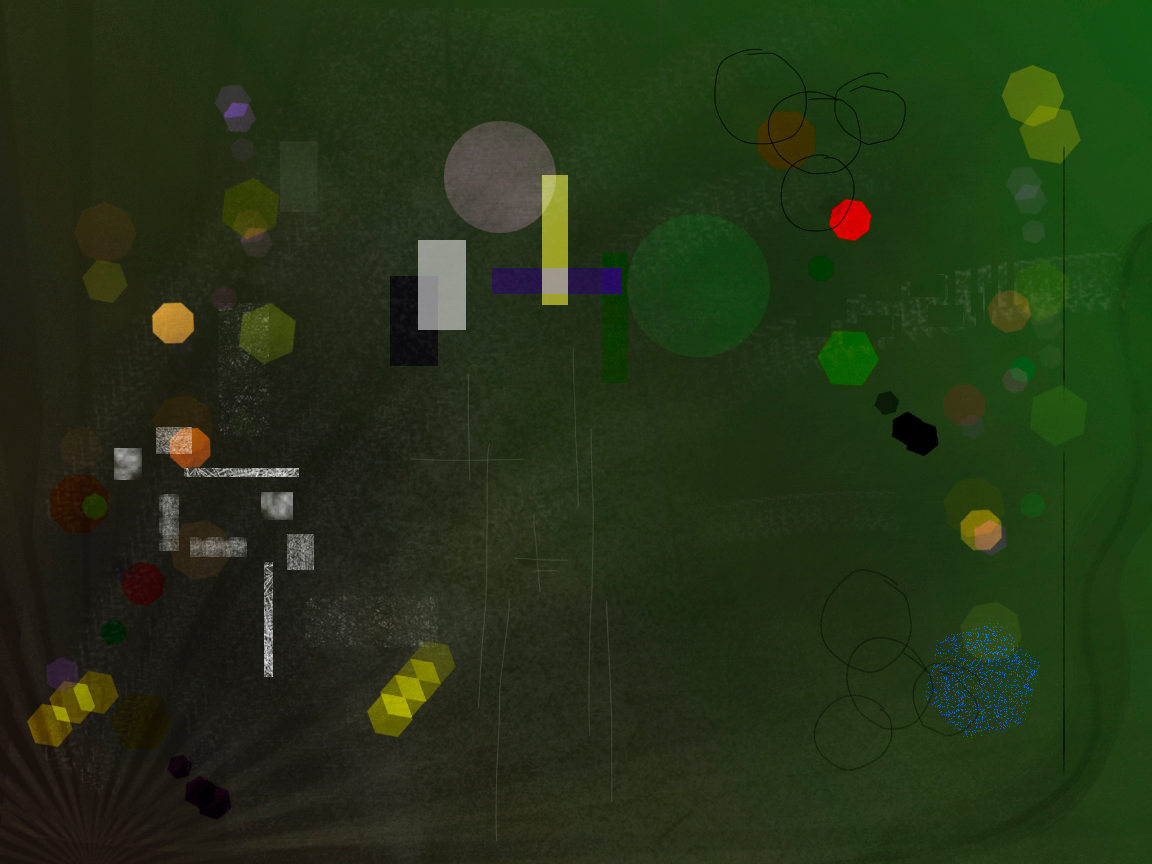(May 14, 2019)
If there are already material and technical means to appease human need, why has it not been done? Does the appeasement of human needs depend exclusively on technical capacity? Can we really affirm that an increase in technological development necessarily implies a greater liberation of humanity?
Nowadays, perception seems to be directed, rather, to the opposite pole. The more technological the relationships, the greater the poverty; The more technology exists, the greater the exclusion produced.
Does humanity need more technology? Is technology still involved in a liberating dialectic? o Have we entered a process of inflation where more is less for the well-being of human beings?
For all this, I can’t help but wonder: Have technical development and the improvement of existence stopped going hand in hand? What is the relationship between increasing technology and the increasing impoverishment of populations?
At what exact point did this change of direction occur? The steam engine enslaved factory workers like never before and developed a historical process to subvert its alienating and exploitative use. The very concept of exploitation emerges from this process.
The movement that followed attempted, hypostatizing the technology itself, to reap its fruits and benefits for the populations as a whole. That is to say, he assumed that the technological development of productive processes generated a first moment of exploitation and then the possibility of subverting it and twisting the technology for use for the common good.
Probably the dialectic was not exclusively in technological development.
Without a doubt, the triad of rationality, technology and capital accumulation continues to be of great relevance; but such concepts have not been hierarchized in a consistent way until now.
Technology would thus seem to be an “instrumental” extension of the will to privatize and exclude.
The relationships between the economy itself, capitalist accumulation, and technological development do not follow clear lines. Each discovery or technical development is not followed by a clear use, application and economic deployment. And on the contrary, simple economic needs do not end up, even if they try hard, to limit the field and direction of technology.
It is a relationship of greater depth, which invokes past modes of operation: technological possibilities are kidnapped, privatized and put at the service of modes of absorption of capital, knowledge and life itself. Or, alternatively, they could operate toward novel modes of development that were open, non-alienable, and harmonious with life.
Technology continues to be tied in its emergence, development and purpose to deep historical milestones such as possession, property, self-referentiality and the paranoid delusions of States.
The result is a growth in technology that turns against the populations themselves, as weapons technology or as devices that displace human capabilities, at the service of an ever-increasing, more restrictive, violent accumulation that escapes the control of communities.
It is argued that technology is, let’s say, “neutral” and that it is its use that certifies its morality. Is technology just used in a bad way? Or is the growing situation of expulsion of the majority from welfare intrinsic to its use and growth?
Demonstrating this would require demonstrating how the dialectic of technology itself goes hand in hand with that of its private possession, and that its absolute expansion would be the dream of any totalitarian power. We would then be faced with a technology whose essence is the domination of nature and capabilities, an essentially violent technology.
Currently generated technology increases domain capabilities and does not mitigate human needs.
We could also ask ourselves if technology makes life easier or simply modifies it by imposing new ways of ordering it. By creating mediations with reality and defining it itself, technology imposes its own ontology.
The ability to manage information with greater power and speed further facilitates capitalist accumulation. And from improved information processing modes such as Artificial Intelligence we can only expect, from the start, an economic cumulative use and increasing manipulation.
Imagining the conditions of a technology that is not privatized and not entangled in the growing tangle of power is a necessary and urgent task. The more technology makes up our reality, the more alienation we feel towards it, as we move towards a plan in which we have not participated at all.
